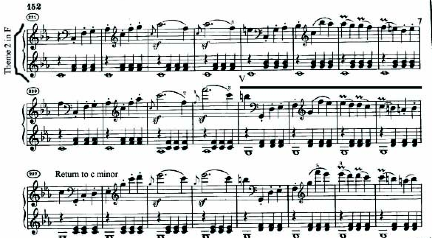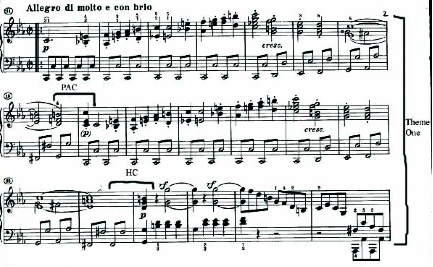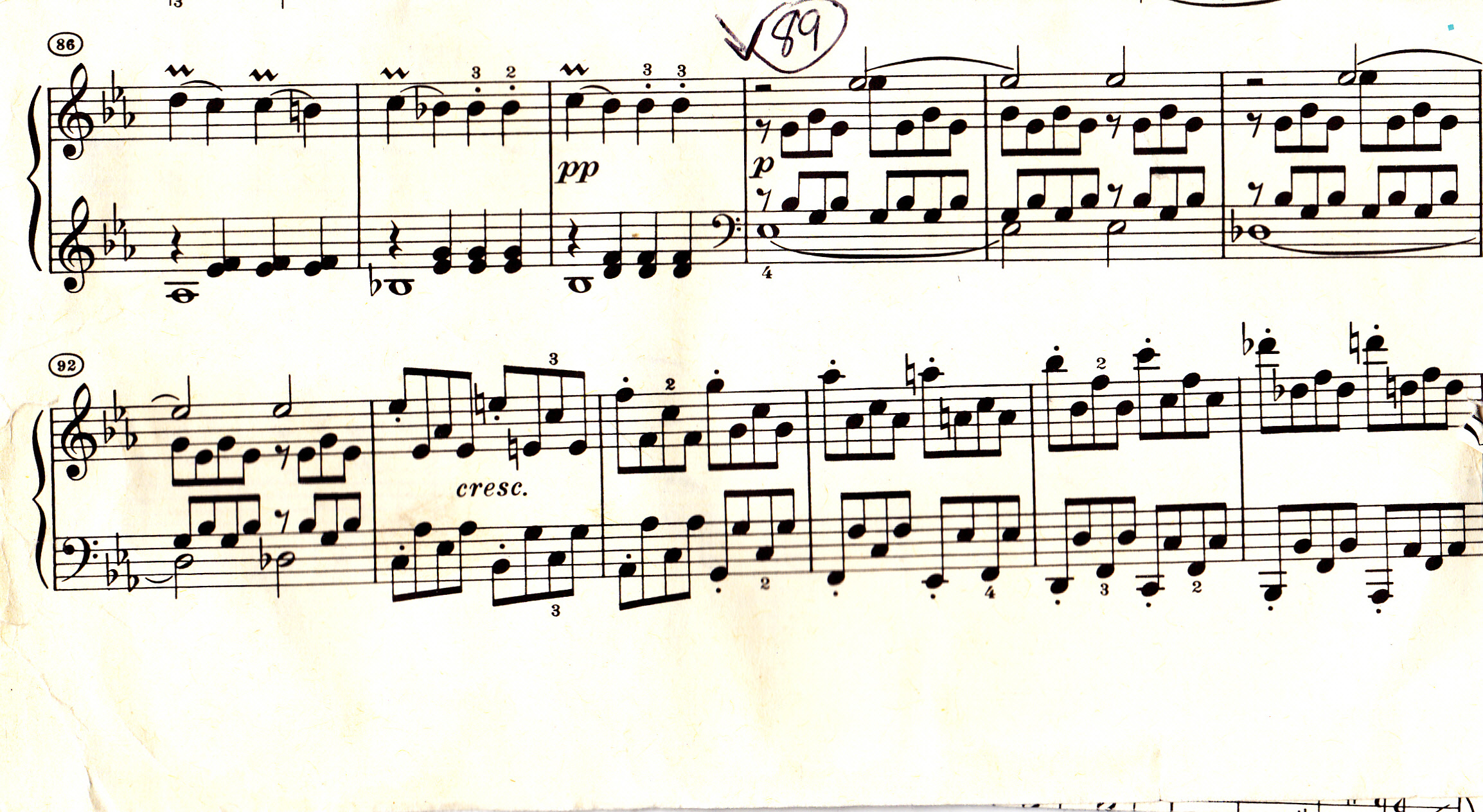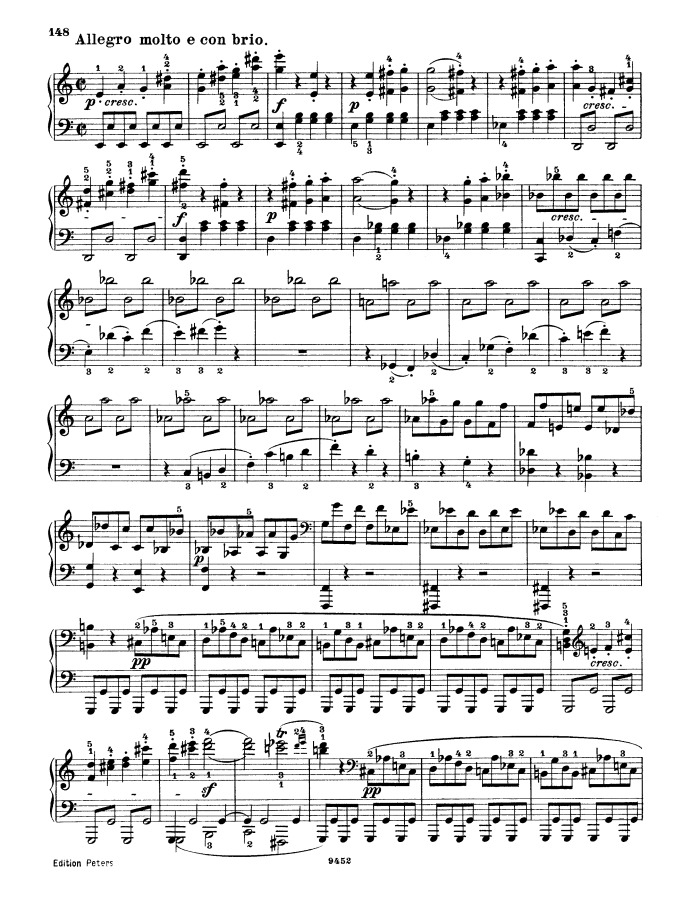(1) How can learning various playing styles and techniques best prepare you for mastering classical music for a performance?"
My answers are:
I took as many routes to finding this answer as possible. I looked at the few answers I currently had and then decided to delve further into what goes behind making a classical piece successful. What helped was to practice different methods myself, and also asking other musicians what practice methods worked best for them when they were preparing classical music.
My answers are:
- Learning various playing styles and genres help you to really listen to music and understand it for what it is and what goes on within it, especially when it comes to music periods from the Baroque era to 20th Century, where the composer's intents are explicitly described in each measure and phrase of a piece
- Learning various styles and genres help you when Exploring multiple methods of practice and playing can really assist a pianist for when it comes to performing classical music in a way that gets them to continue repeating basic knowledge while also learning something new along the way.
- Learning various styles and genres help you with creating your own way of expressing yourself in music by influencing your musical style so that you can be unique with your own musical interpretations.
- Learning various styles and genres help you when Exploring multiple methods of practice and playing can really assist a pianist for when it comes to performing classical music in a way that gets them to continue repeating basic knowledge while also learning something new along the way.
I took as many routes to finding this answer as possible. I looked at the few answers I currently had and then decided to delve further into what goes behind making a classical piece successful. What helped was to practice different methods myself, and also asking other musicians what practice methods worked best for them when they were preparing classical music.
(3) What problems did you face? How did you resolve them?
Some problems I faced were having unclear answers and also not being specific with what I was trying to convey. I already had my answers and everything, I just needed to find a way to explain it while still making sense. I tend to have a habit of confusing others.
Some problems I faced were having unclear answers and also not being specific with what I was trying to convey. I already had my answers and everything, I just needed to find a way to explain it while still making sense. I tend to have a habit of confusing others.
(4) What are the two most significant sources you used to answer your essential question and why?
Two most significant sources I used to answer my essential question were:
Johnson, Daniel. "Music Listening and Critical Thinking." International Journal of the Humanities, Vol. 2, No. 2 (2004). Web. 24 Apr. 2014.
Chueke, Zelia. "Stages of Listening During Preparation and Execution of a Piano Performance." University of Miami (2000). Web. 2 Apr. 2014.
They helped me find what I needed and gave me detailed insight on how listening and practice really help.
Two most significant sources I used to answer my essential question were:
Johnson, Daniel. "Music Listening and Critical Thinking." International Journal of the Humanities, Vol. 2, No. 2 (2004). Web. 24 Apr. 2014.
Chueke, Zelia. "Stages of Listening During Preparation and Execution of a Piano Performance." University of Miami (2000). Web. 2 Apr. 2014.
They helped me find what I needed and gave me detailed insight on how listening and practice really help.










